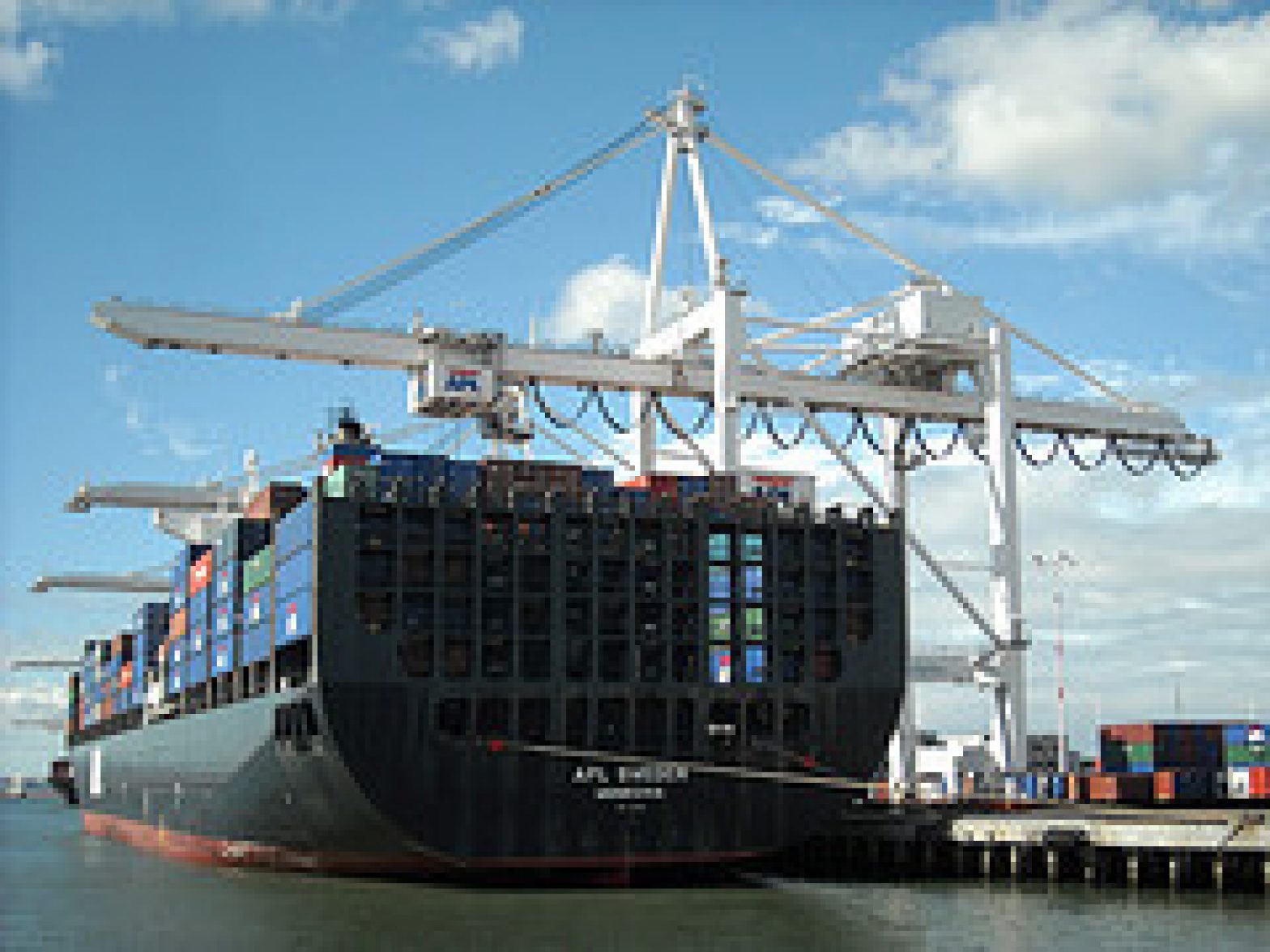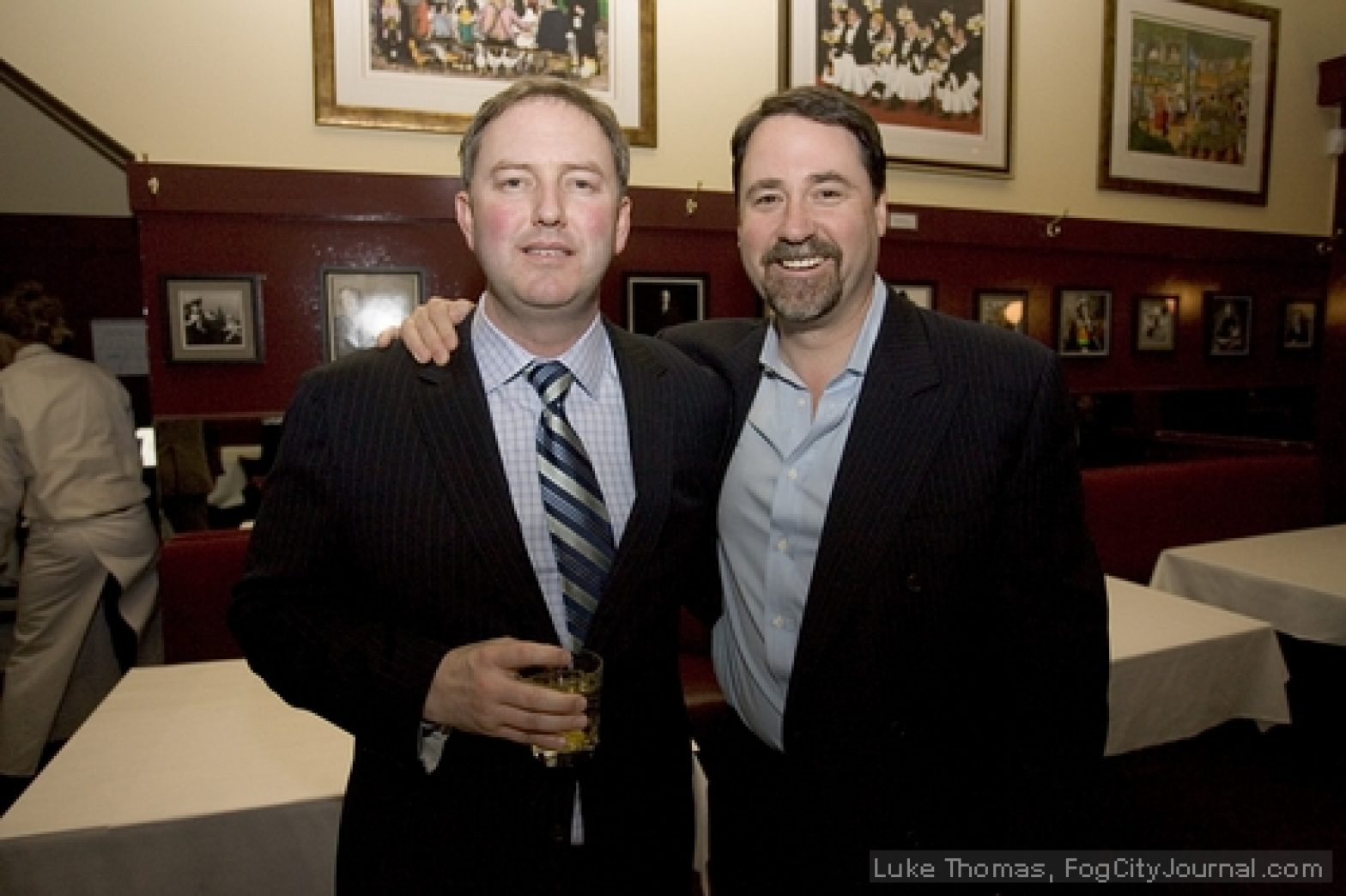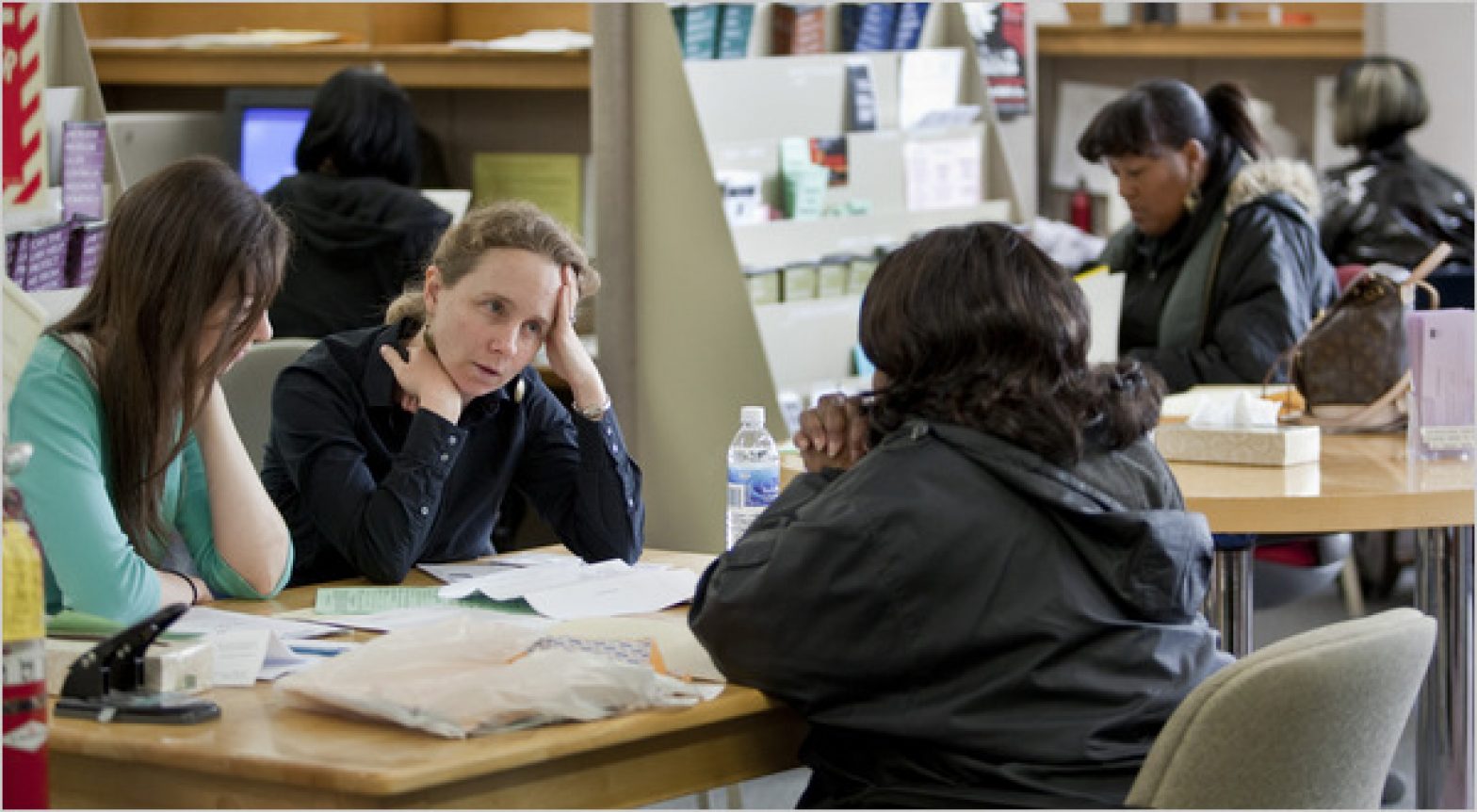Community
Tobacco brands zero in on black youth, study finds
Tobacco marketing is targeting California’s low-income and African American youth, according to researchers who examined advertising throughout the state. Academic researchers funded by the state’s Tobacco-Related Disease Research Program found that there was greater visibility of menthol cigarette advertising at retailers near high schools where there are larger African American student populations.





